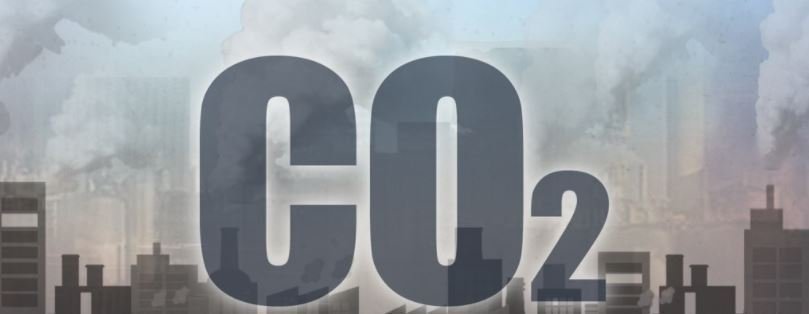 |
Carbon dioxide emissions (Yonhap) |
SEJONG -- South Korea's trade ministry said Tuesday it is closely reviewing the potential impact from Europe's toughened carbon restrictions set to be implemented in 2023, as the move is expected to weigh down the country's outbound shipments of steel products.
"The country is currently assessing the impact of the carbon border adjustment mechanism (CBAM) and plans to come up with measures to cope with the new policy," an official from the Ministry of Trade, Industry and Energy said.
"We need to closely monitor the situation, considering that some EU members have different opinions, with their manufacturers also expressing concerns," the official added.
The measure is expected to be fully implemented in 2026, following a transition period of three years.
Under the CBAM scheme, European importers of cement, electricity, fertilizer, steel and aluminum must purchase "carbon certificates" corresponding to the amount of carbon directly spent on producing the products.
Accordingly, products produced with higher carbon emissions will lose their price competitiveness in the European market.
South Korea believes its steel and aluminum industries will be among the major victims when the European policy is fully applied.
"In principle, we believe that the policy should follow the guidelines of the World Trade Organization," the official said. "It should not work as a new trade barrier."
Last month, the Federation of Korean Industries, a local business lobbying group, requested the EU to exclude South Korea from the upcoming measure, pointing out that the policy may hinder free trade.
The Korea Institute for International Economic Policy also expressed concerns that European importers may levy its additional burdens on exporters. (Yonhap)








